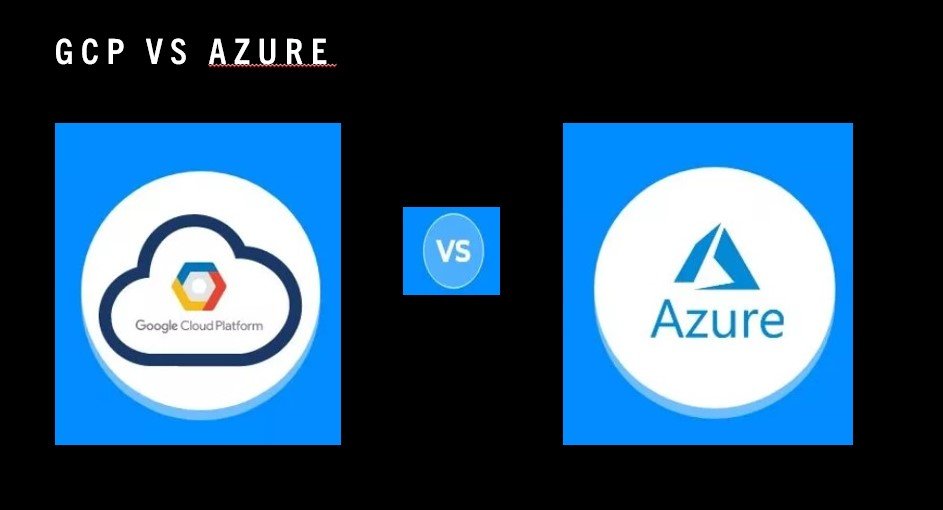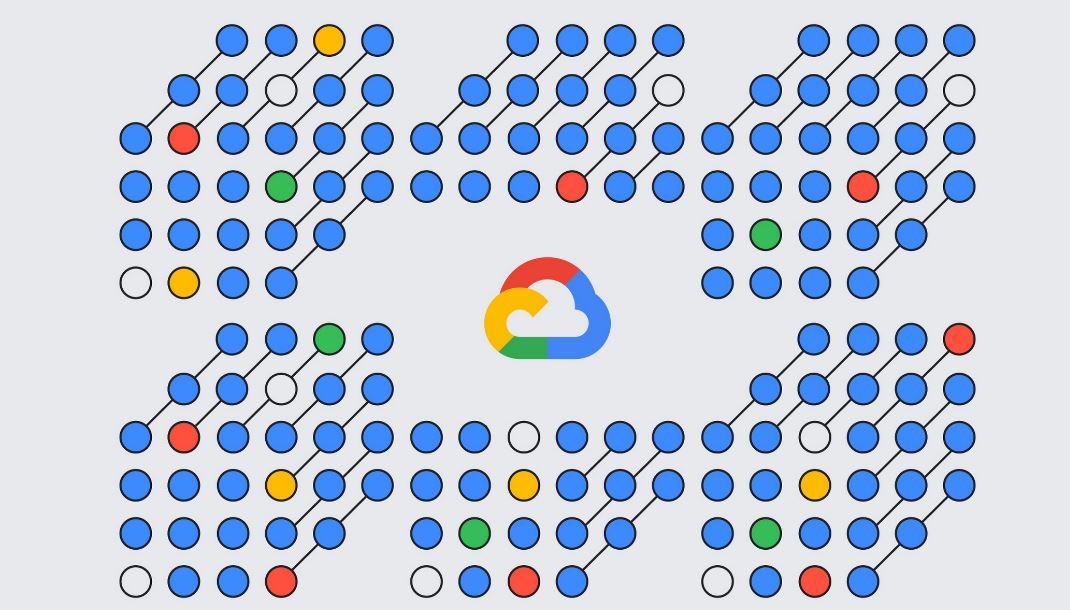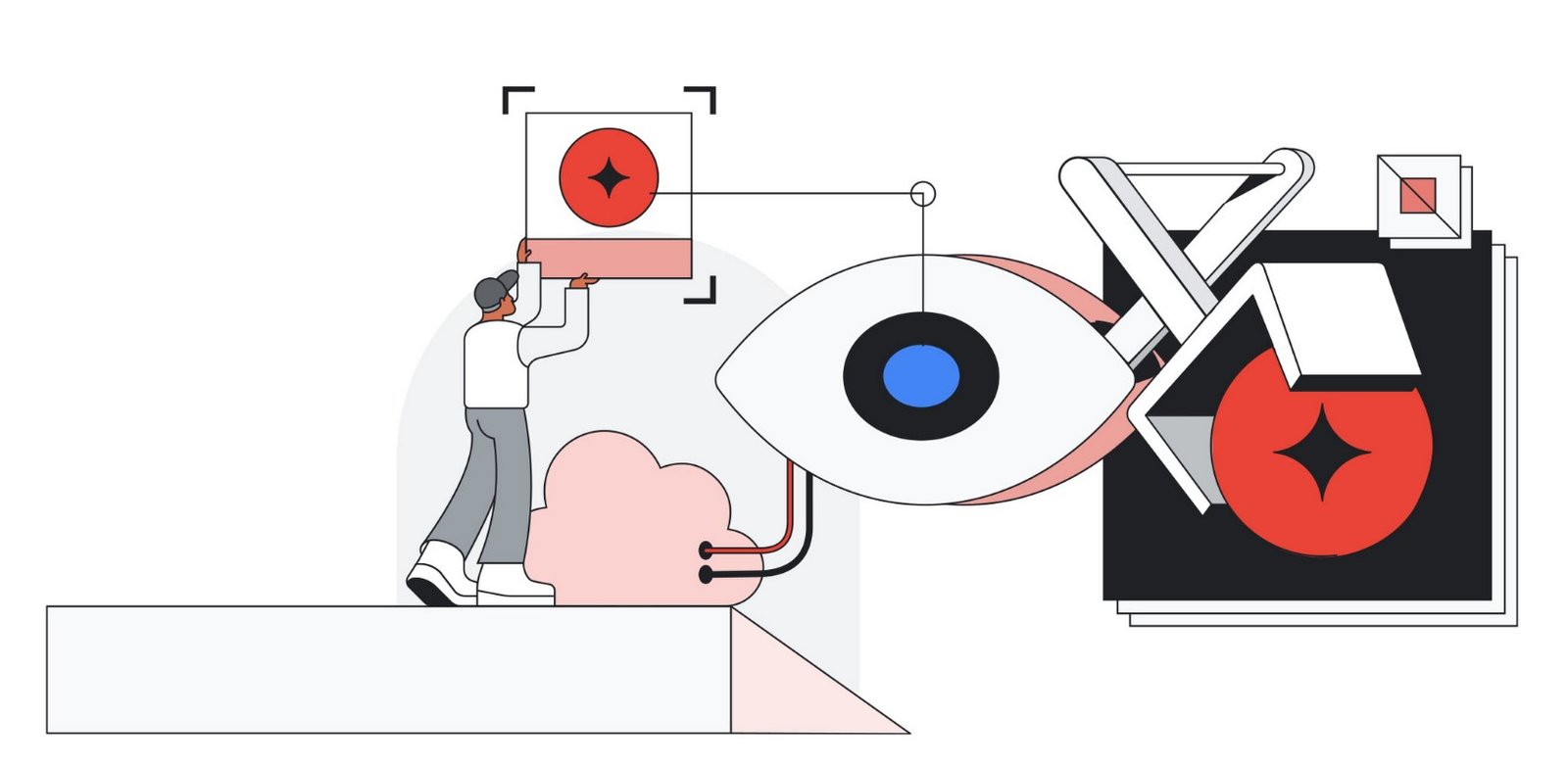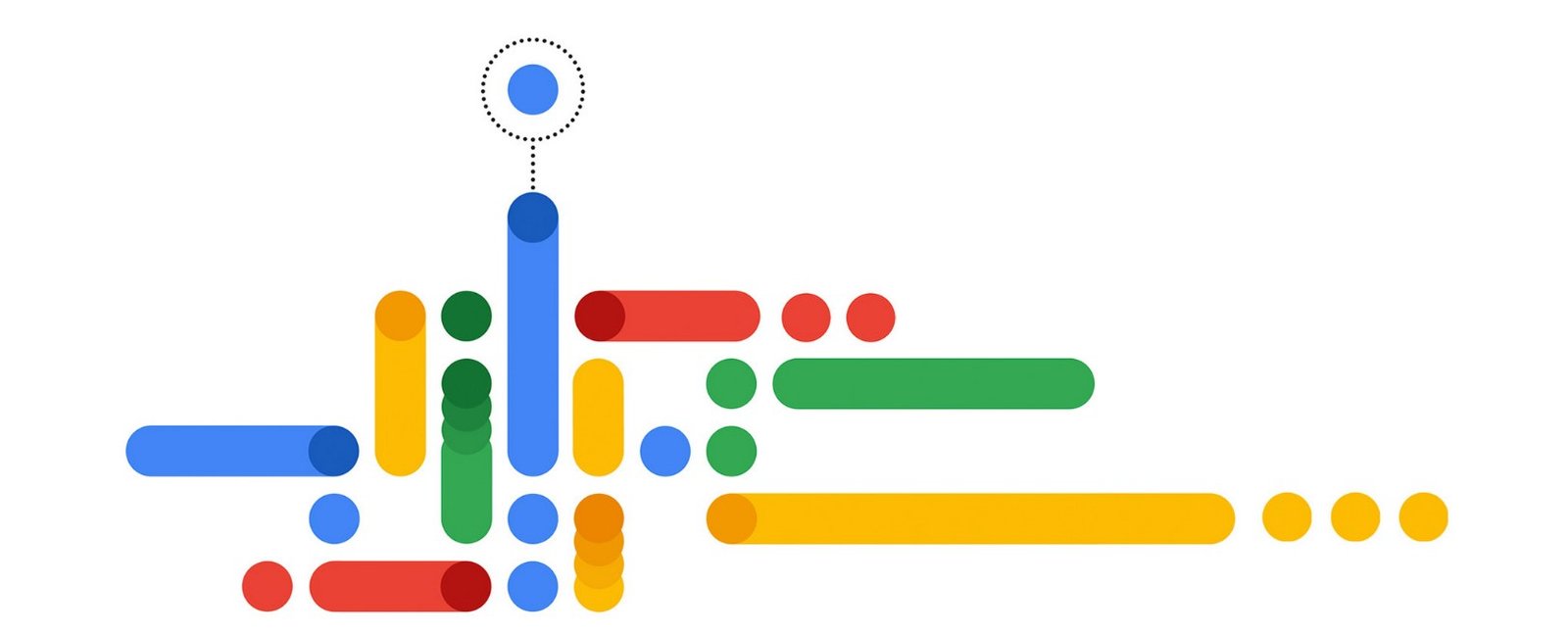
Table: Comparison of GCP and Azure
| Feature | Google Cloud Platform (GCP) | Microsoft Azure |
|---|---|---|
| Compute Services | Compute Engine, App Engine, Cloud Functions, Kubernetes Engine | Virtual Machines, App Service, Azure Functions, Azure Kubernetes Service (AKS) |
| Storage Services | Cloud Storage, Cloud SQL, Cloud Spanner, Cloud Bigtable, Cloud Firestore, Cloud Memorystore | Blob Storage, Table Storage, Azure SQL Database, Cosmos DB, Azure Cache for Redis |
| Networking | Virtual Private Cloud, Cloud Load Balancing, Cloud CDN, Cloud VPN, Cloud NAT, Cloud Armor | Virtual Network, Load Balancer, Azure CDN, VPN Gateway, Azure Firewall, Azure Front Door |
| Big Data and Analytics | BigQuery, Dataflow, Dataproc, Data Fusion, Cloud Data Loss Prevention, Cloud Data Catalog | Synapse Analytics, Data Factory, HDInsight, Stream Analytics, Data Lake Analytics, Azure Purview |
| Machine Learning | AI Platform, AutoML, TensorFlow, Vision API, Natural Language API, Dialogflow | Azure Machine Learning, Cognitive Services, Azure Bot Service, Azure Databricks |
| Databases | Cloud SQL, Cloud Spanner, Cloud Bigtable, Cloud Firestore, Cloud Memorystore | Azure SQL Database, Azure Database for MySQL/PostgreSQL/MariaDB, Cosmos DB |
| Containers and Orchestration | Kubernetes Engine, Container Registry, Cloud Run | Azure Kubernetes Service (AKS), Azure Container Registry, Azure Container Instances |
| IoT | IoT Core, Edge TPU, Cloud IoT Device SDK | Azure IoT Hub, IoT Central, IoT Edge, IoT Device SDK |
| Management and Monitoring | Cloud Console, Cloud Deployment Manager, Cloud Billing, Cloud Operations Suite | Azure Portal, Azure Resource Manager, Azure Cost Management, Azure Monitor |
| Security and Compliance | Cloud IAM, Cloud KMS, Cloud HSM, Cloud Security Command Center, Cloud Identity | Azure Active Directory, Azure Key Vault, Azure Security Center, Azure Sentinel |
GCP vs Azure: A Detailed Comparison
Google Cloud Platform (GCP) and Microsoft Azure are two leading cloud service providers, offering a wide range of computing, storage, networking, big data, machine learning, and management services. While both providers offer robust and reliable services, their offerings differ in several ways, making one or the other a better fit for specific use cases and organizational needs.
In terms of compute services, GCP offers Compute Engine for virtual machines, App Engine for serverless applications, Cloud Functions for event-driven computing, and Kubernetes Engine for container orchestration. Azure provides Virtual Machines, App Service, Azure Functions, and Azure Kubernetes Service (AKS) for similar purposes.
For storage services, GCP provides options like Cloud Storage for object storage, Cloud SQL for managed relational databases, and Cloud Bigtable for NoSQL databases. Azure offers Blob Storage for object storage, Table Storage for NoSQL databases, and Azure SQL Database for managed relational databases. Additionally, Azure provides Cosmos DB for globally distributed NoSQL databases and Azure Cache for Redis for in-memory caching.
When it comes to networking, GCP offers services like Virtual Private Cloud, Cloud Load Balancing, and Cloud VPN, while Azure has comparable offerings in the form of Virtual Network, Load Balancer, and VPN Gateway. Both providers also have content delivery network (CDN) services, with GCP’s Cloud CDN and Azure’s Azure CDN. In terms of security, GCP provides Cloud Armor for DDoS protection and WAF capabilities, whereas Azure offers Azure Firewall and Azure Front Door for similar purposes.
For big data and analytics
, GCP’s BigQuery, Dataflow, and Dataproc offer powerful solutions for data warehousing, data processing, and managed Hadoop and Spark clusters. Azure counters with Synapse Analytics, Data Factory, HDInsight, and Stream Analytics, which provide similar functionality. Both providers also offer data cataloging services, with GCP’s Cloud Data Catalog and Azure’s Azure Purview.
In the machine learning space, GCP’s AI Platform, AutoML, and TensorFlow allow users to build custom models, while pre-trained models are available through Vision API, Natural Language API, and Dialogflow. Azure offers Azure Machine Learning for custom model development and pre-trained models through Cognitive Services. Additionally, Azure provides Azure Bot Service for chatbot development and Azure Databricks for big data processing and machine learning.
Regarding databases, GCP offers Cloud SQL, Cloud Spanner, Cloud Bigtable, Cloud Firestore, and Cloud Memorystore, catering to various relational and NoSQL database needs. Azure provides Azure SQL Database, Azure Database for MySQL, PostgreSQL, and MariaDB, and Cosmos DB for similar use cases.
In the realm of containers and orchestration, GCP offers Kubernetes Engine, Container Registry, and Cloud Run, while Azure provides Azure Kubernetes Service (AKS), Azure Container Registry, and Azure Container Instances as comparable services.
For IoT solutions, GCP provides IoT Core, Edge TPU, and Cloud IoT Device SDK, while Azure offers Azure IoT Hub, IoT Central, IoT Edge, and IoT Device SDK.
When it comes to management and monitoring, GCP’s Cloud Console, Cloud Deployment Manager, Cloud Billing, and Cloud Operations Suite allow users to manage and monitor their infrastructure. Azure offers the Azure Portal, Azure Resource Manager, Azure Cost Management, and Azure Monitor for similar purposes.
Finally, in terms of security and compliance, both providers offer robust solutions. GCP provides Cloud IAM, Cloud KMS, Cloud HSM, Cloud Security Command Center, and Cloud Identity, while Azure offers Azure Active Directory, Azure Key Vault, Azure Security Center, and Azure Sentinel.
In conclusion, both GCP and Azure are powerful cloud service providers with a wide range of offerings. While GCP is known for its user-friendly interface, strong machine learning capabilities, and seamless integration with other Google services, Azure boasts a more extensive service catalog, strong integration with Microsoft products, and a larger global infrastructure. The choice between GCP and Azure ultimately depends on an organization’s specific needs, requirements, and existing investments in cloud infrastructure.





Leave a Reply